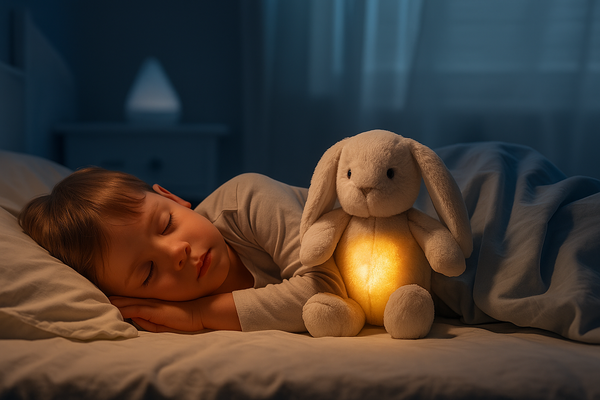Is My Child’s Sleep Normal? A Guide for Concerned Parents
Wondering if your child is getting enough sleep is a common concern for parents, and the answer often starts with looking at their age. According to guidance from the Canadian Paediatric Society, sleep needs vary quite a bit as children grow.
For example, most infants between 4 and 12 months need about 12 to 16 hours of sleep each day. Toddlers aged 1 to 2 usually do well with 11 to 14 hours, while preschoolers (ages 3 to 5) typically need around 10 to 13 hours of rest per day.
The Canadian 24‑Hour Movement Guidelines for the Early Years also offer insight for younger babies. Newborns up to 3 months often sleep 14 to 17 hours in a 24-hour period, and babies from 4 to 11 months generally need between 12 and 16 hours.
But knowing the numbers is just part of the picture. A 2020 report from the Government of Canada found that nearly one in four children between 5 and 13 years old aren’t getting the recommended amount of sleep. That lack of rest can affect everything from focus and learning to mood and general health.
So how can you tell if your child’s sleep habits might need attention? One thing to watch for is consistency. If your child regularly sleeps less than the recommended amount, has trouble falling or staying asleep, or seems unusually tired, irritable, or distracted during the day, it may be time to take a closer look. These patterns can have real effects on behaviour, development, and overall well-being.
Helping your child develop healthy sleep habits doesn’t have to be complicated. Creating a quiet, safe sleep environment is a good place to start—especially for infants, who should always sleep on their backs in a crib or bassinet for the first six months. A cool, smoke-free room can make a big difference, too.
Sticking to a consistent bedtime routine is another helpful tool. Kids thrive on rhythm and predictability, so something as simple as a warm bath followed by a bedtime story can become an important signal that it’s time to wind down.
Limiting screen time before bed also helps. Try to keep screens off for at least an hour before sleep and replace them with calming activities instead. Finally, as your child grows, help them build confidence in falling asleep on their own. Placing them in bed while they're still awake—just a bit drowsy—encourages self-soothing skills that can improve long-term sleep quality.
If you're still unsure whether your child's sleep is on track, it’s always a good idea to check in with your pediatrician or a sleep specialist. A little guidance can go a long way in giving both you and your child the rest you need.







